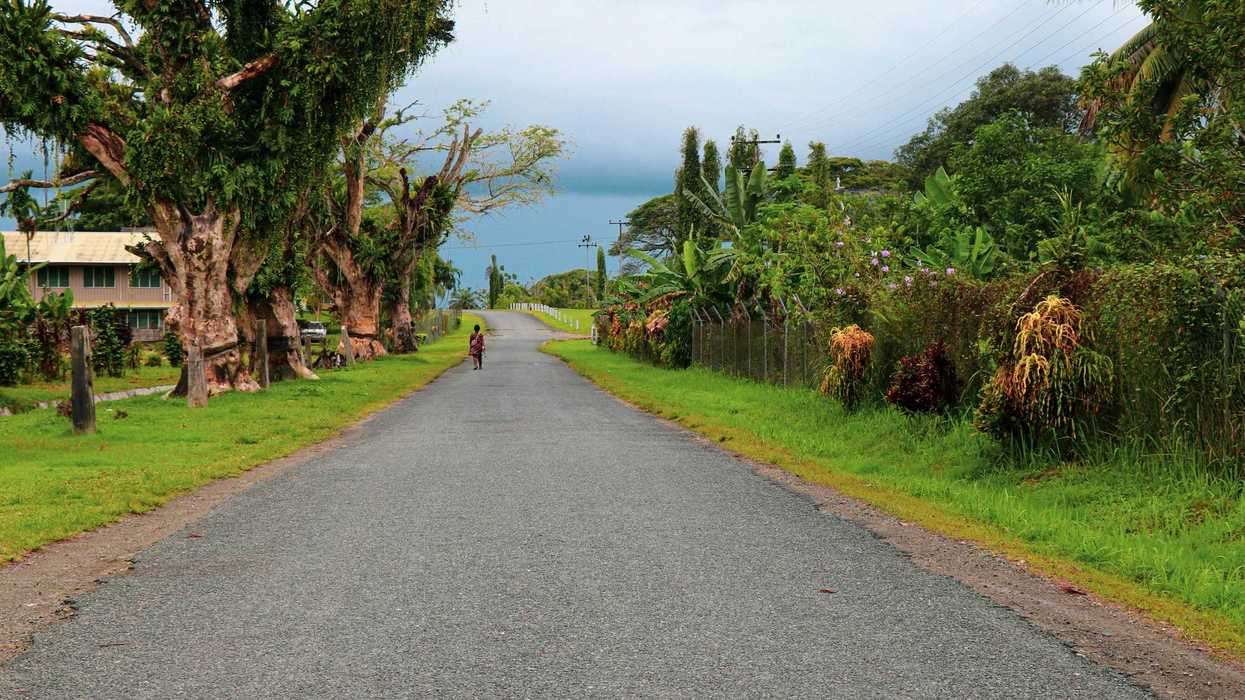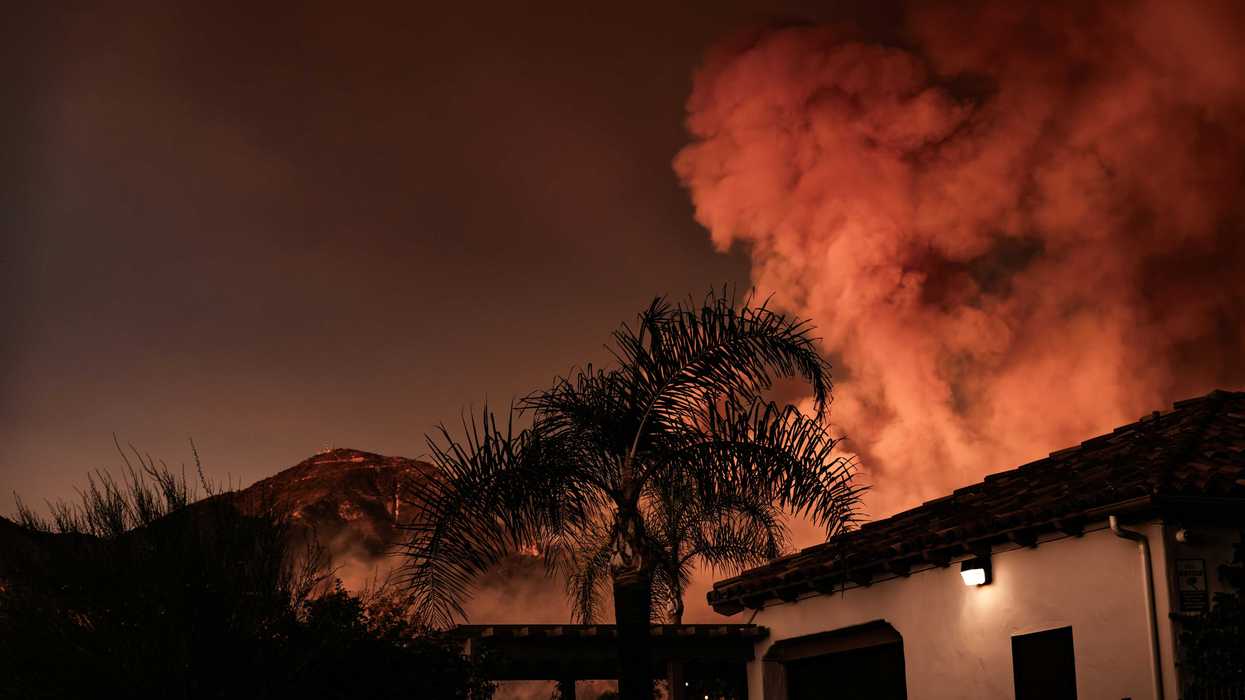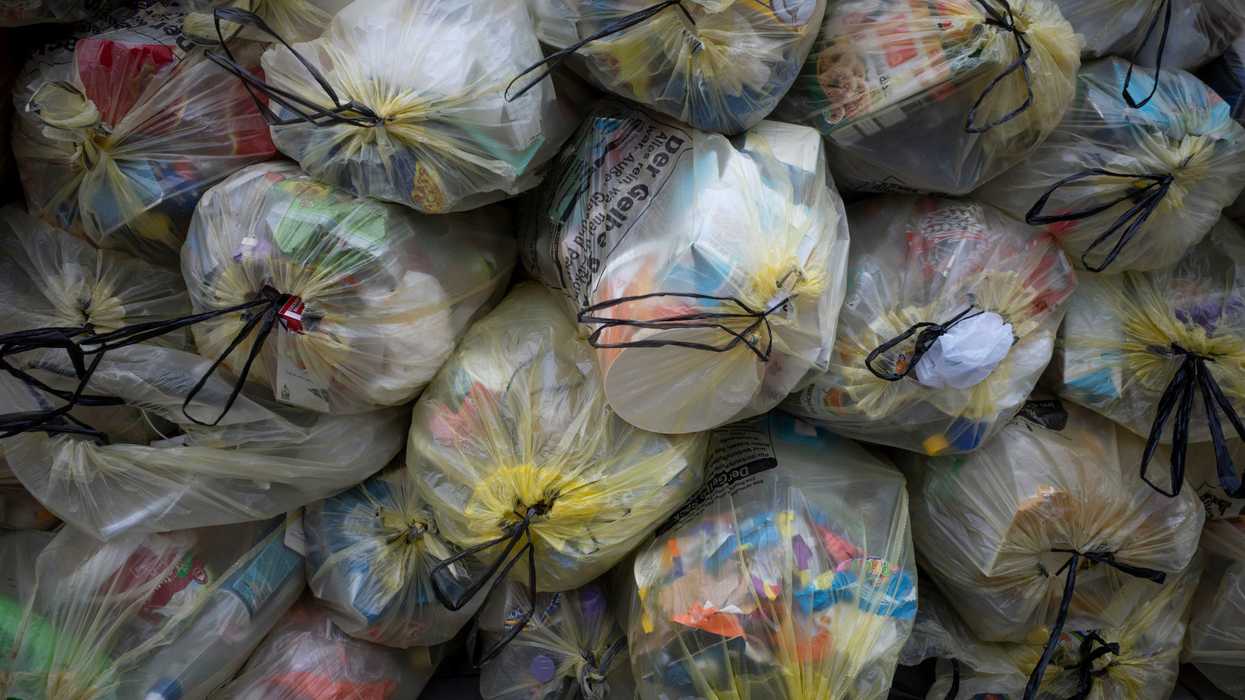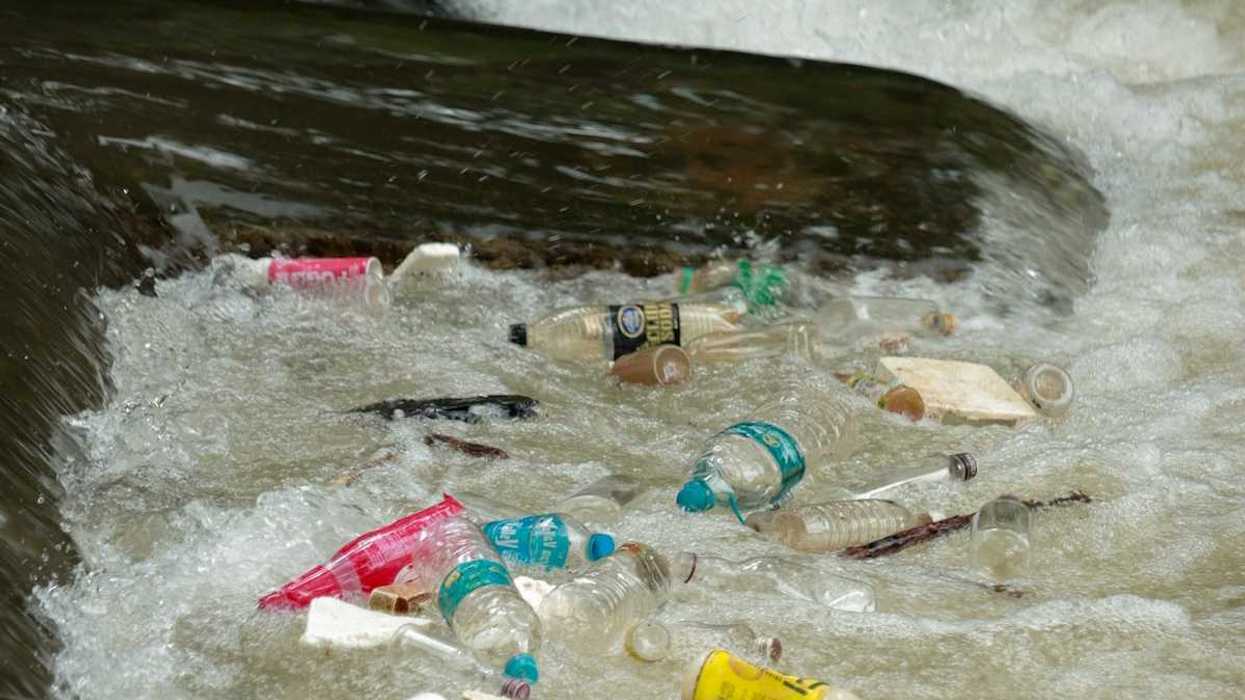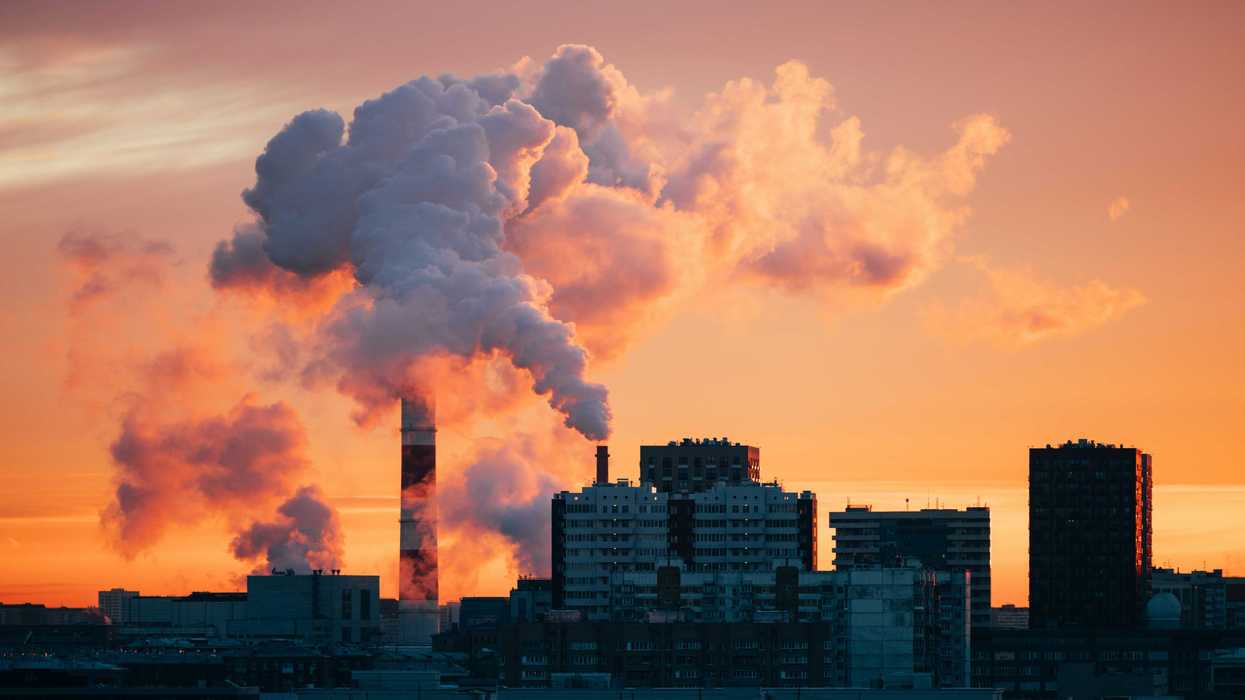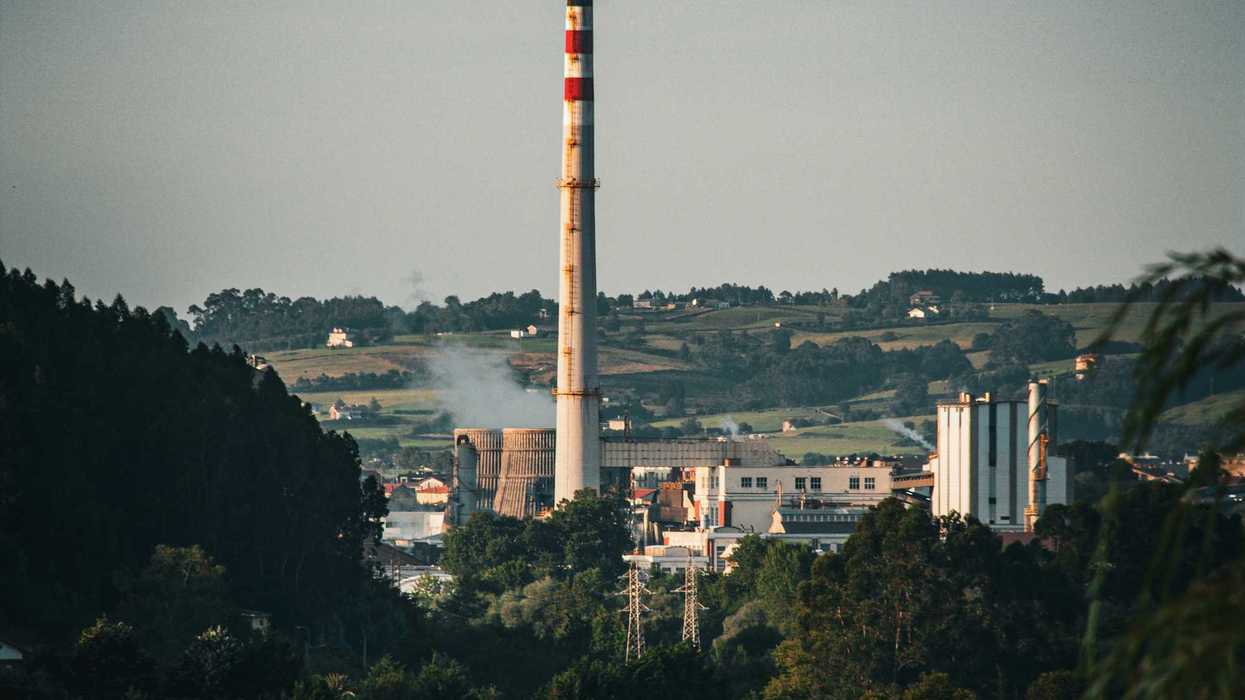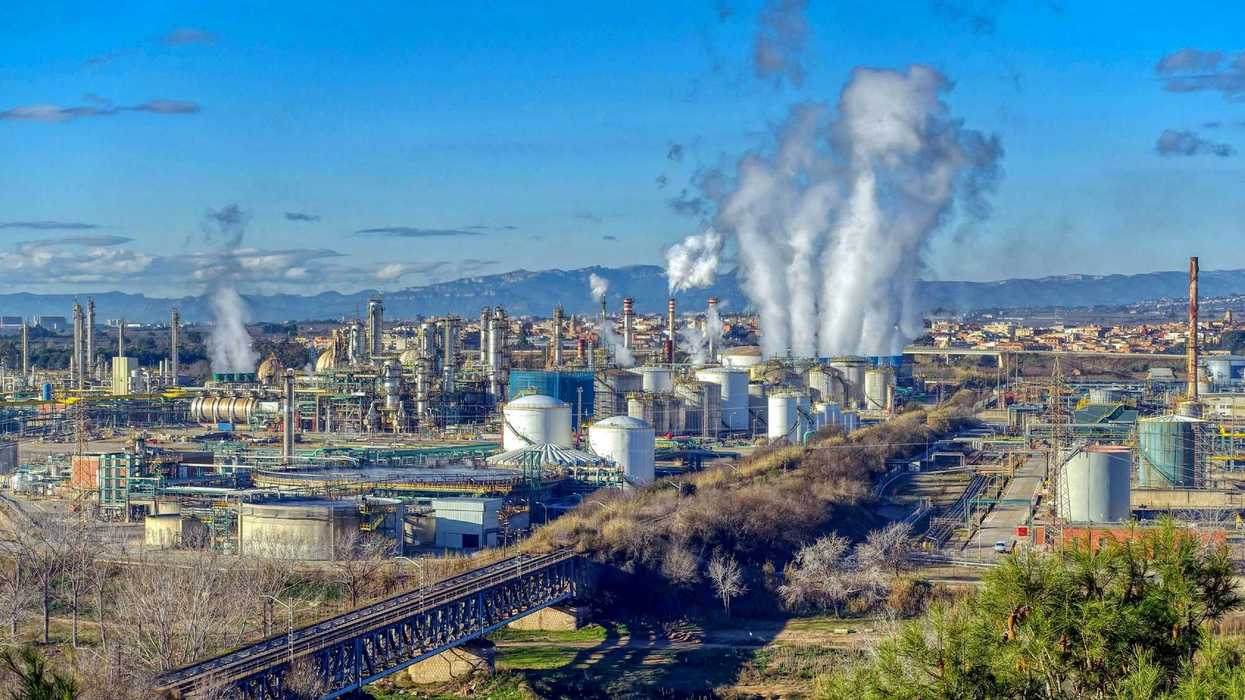Developing nations are pressing for trillions in climate aid, while wealthy countries offer significantly less, sparking tensions at COP29 negotiations.
Sara Schonhardt, Zack Colman, Zia Weise and Karl Mathiesen report for POLITICO.
In short:
- Developing countries demand $1 trillion annually in climate financing, including $300 billion from public funds, to transition to clean energy and address climate impacts.
- The EU proposes $200-300 billion annually, seen as insufficient by many nations grappling with heat waves, rising seas and droughts.
- Negotiations remain stalled, with the U.S. and EU citing limits to public funding, instead advocating for private-sector contributions to meet the financial gap.
Key quote:
“The global community has already identified how much the world needs to address the challenges of climate change. It is in the trillions of dollars.”
— Ali Mohamed, Kenya’s climate envoy and chair of the Africa Group of negotiators.
Why this matters:
Adequate climate financing is critical for vulnerable nations to adapt to climate change and prevent worsening crises. Without sufficient funds, many developing countries may turn to fossil fuels, undermining global efforts to limit warming to 1.5°C.
Related: A new climate fund aims to aid developing countries




